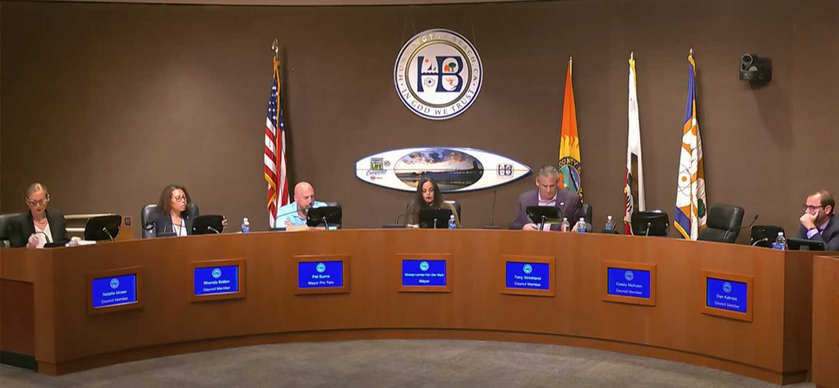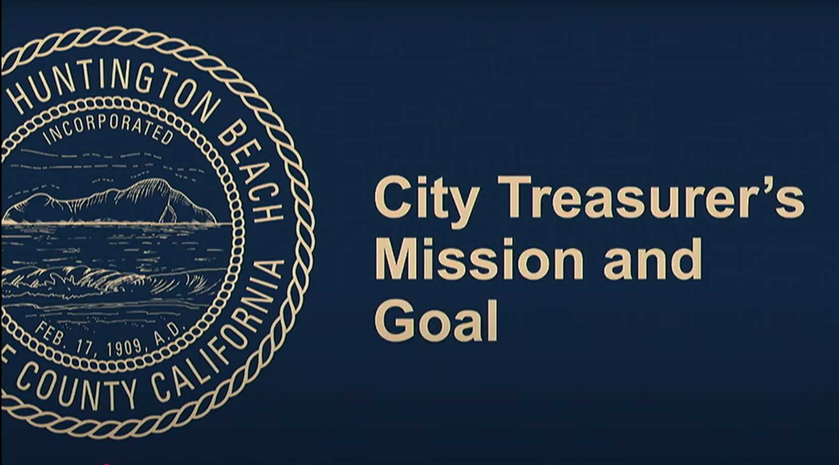Huntington Beach's decision to withdraw from the Orange County Power Authority (OCPA) marked a significant shift in the city's energy strategy. Initially, the city joined OCPA with the hope of securing better voting rights and more equitable contracts within the energy sector. This move reflected a desire for greater local control over energy choices and the potential for more competitive energy rates, as evidenced by the city's subsequent adoption of a 100% renewable energy default option. However, a series of concerns and challenges led to a reassessment of this partnership.
The city's withdrawal was driven by several factors, including concerns over transparency, financial viability, and disagreements over renewable energy goals. Huntington Beach officials expressed dissatisfaction with the lack of transparency surrounding OCPA's energy purchases and the perceived imbalance of the Joint Power Authority Agreement. Allegations of OCPA's failure to meet required resource adequacy standards, resulting in fines and increased energy costs for Huntington Beach, further fueled these concerns. Moreover, there were disagreements over the implementation of renewable energy targets, with the city's representative criticizing the previous council's decision to automatically opt residents into the highest renewable energy bracket, deeming it unrealistic and financially unsustainable.
The financial implications of the withdrawal were significant, but ultimately viewed as a necessary investment to avoid greater future costs. The city incurred nearly $900,000 in legal fees to disentangle itself from OCPA, including just under $89,000 for a specialized firm to assist with the withdrawal process. While this cost was substantial, proponents of the withdrawal argued that it would ultimately save millions of dollars by preventing future liabilities and unfavorable contract terms associated with OCPA. To mitigate costs during the transition, the city changed the default energy rate for remaining residential and commercial accounts to the basic choice rate, although the long-term impact on residents' energy bills remains unclear.
The decision to withdraw from OCPA sparked debate and highlighted contrasting perspectives on the city's energy future. While some council members expressed regret over the initial decision to join OCPA, citing increased energy bills and the loss of choice for residents, others emphasized the importance of securing more favorable energy contracts and exercising greater control over the city's energy portfolio. The fact that no other cities or counties joined OCPA following Huntington Beach's departure further fueled skepticism about the organization's viability and long-term success.
Huntington Beach's experience with OCPA serves as a case study in the complexities of navigating the evolving energy landscape. It underscores the challenges of balancing ambitious renewable energy goals with financial sustainability and ensuring transparency and local control in energy decision-making. As the city moves forward with its energy strategy, it faces the task of securing reliable and affordable energy sources while addressing the evolving needs and preferences of its residents.
The decision to leave OCPA represents a return to a more traditional model of energy procurement, with the city relying on established providers like Southern California Edison. While this approach may offer greater stability in the short term, it also raises questions about the city's commitment to renewable energy and its ability to achieve its long-term sustainability goals.
Huntington Beach's withdrawal from OCPA marks a pivotal moment in the city's energy journey. It highlights the ongoing debate surrounding the role of community choice aggregation programs like OCPA and the complexities of balancing local control, affordability, and environmental sustainability in the pursuit of a more resilient energy future.
Timeline of Events:
December 2020: Huntington Beach, Irvine, Fullerton, and Buena Park join the Orange County Power Authority (OCPA) as founding members.
February 2022: Huntington Beach adopts a default energy product offering of 100% renewable energy.
January 2023: Huntington Beach City Council requests to review the default energy rate and explore options for withdrawing from OCPA.
May 2023: Huntington Beach City Council approves the withdrawal from OCPA and provides notice to the organization.
October 2023: Huntington Beach changes the default energy rate for all remaining residential and commercial accounts to the basic choice rate to mitigate withdrawal costs.
February & May 2024: All new customers in Huntington Beach are enrolled with Southern California Edison.
July 1, 2024: Huntington Beach officially completes its withdrawal from OCPA.
September 3, 2024: OCPA sends a letter to Huntington Beach confirming the city's withdrawal with zero cost liability.
September 17, 2024: Huntington Beach City Council meeting discusses the OCPA withdrawal and associated costs
















